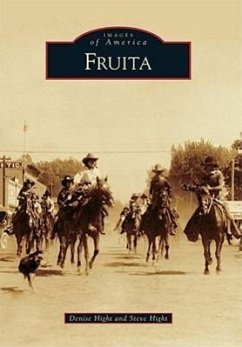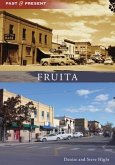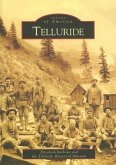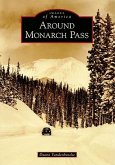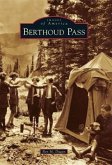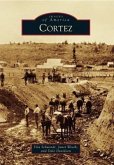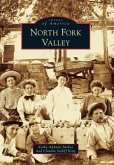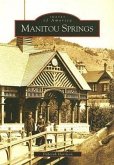William Pabor arrived in Western Colorado before the advent of irrigation, and the land presented a barren and desolate sight. But he saw something entirely different. "In the spring of 1884, lying on the bare floor of a log cabin on the site of what is now the town of Fruita, I watched the moonbeams play on the Roan Cliffs and across Pinon Mesa," Pabor wrote. "The silence of centuries seemed resting upon the plain. . . . But visions of the possibilities of the future swept before me. I saw homes founded, I saw family circles gathered together. I saw vineyards and orchards, and rose-embowered cottages in which love and happiness and contentment abode. . . . I heard the merry voices of children yet to be born. I heard the singing of harvesters bringing in the sheaves of golden grain." Pabor soon turned vision into reality and founded the town of Fruita.
Hinweis: Dieser Artikel kann nur an eine deutsche Lieferadresse ausgeliefert werden.
Hinweis: Dieser Artikel kann nur an eine deutsche Lieferadresse ausgeliefert werden.

